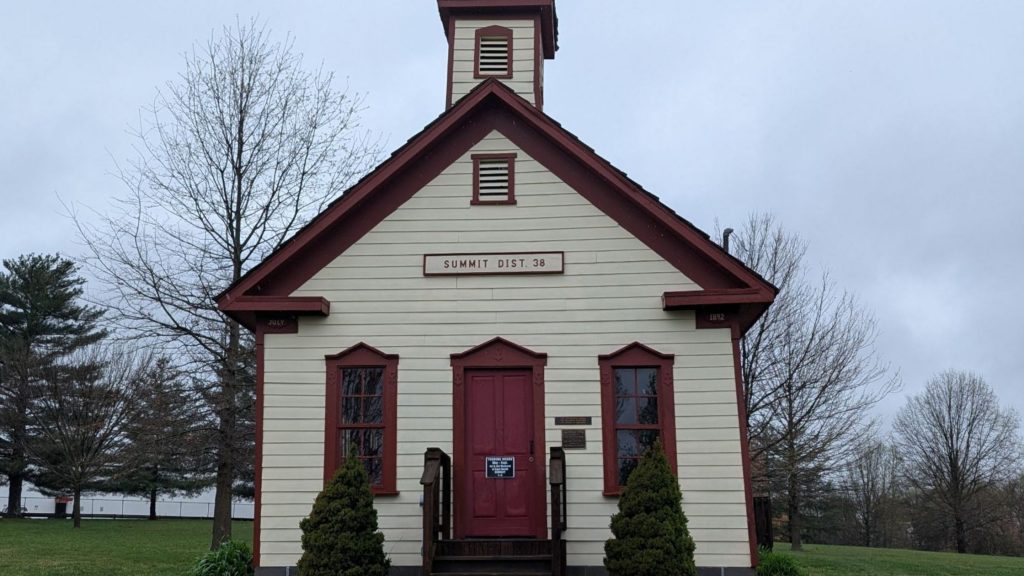Microschools are popping up in more places — in the news, on social media, and in communities across the country. Families are drawn to the idea of smaller groups, flexible schedules, and more personalized learning. But not all microschools are created equal.
At Meridian Learning, we’ve been reimagining education since 2008. In 2009, we opened Meridian Montessori, our first micro lab school, intentionally designed to support how children learn best. In 2016, we launched Meridian Micro School, and in 2020, we started Meridian Micro Farm, which became a fully independent 501(c)(3) in 2024. Today, our three lab schools allow us to study microschooling in practice and refine our model in real time.
What we’ve learned is this: smaller isn’t enough. Many new programs use the term “microschool” but operate more like mini public schools. Teachers are trained the same way, the curricula look familiar, and authority is often viewed exactly as it would be in a traditional classroom. These schools may be smaller, but they aren’t fundamentally rethinking education — they’re just shrinking it.
Through our lab schools, we’ve discovered that intentional design is everything. True microschools are built around relationships, flexibility, and responsiveness. They create environments where educators are supported differently, where curiosity drives learning, and where structure evolves to meet the needs of real children and families.
We didn’t just shrink the old system. We reimagined what school could be, and our three lab schools continue to shape what’s possible. Families today have more choices than ever, but more options don’t always mean better ones. Over the years, we’ve studied what makes small learning environments truly effective, and we’re sharing what we’ve learned along the way. If you’re curious about how technology fits into the conversation, read our latest post here.
